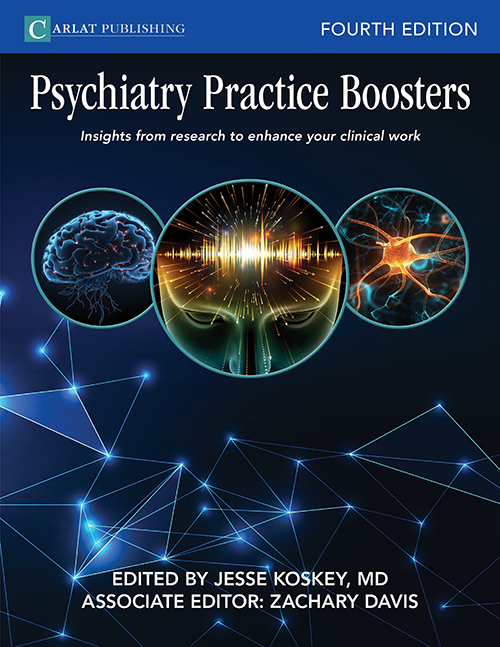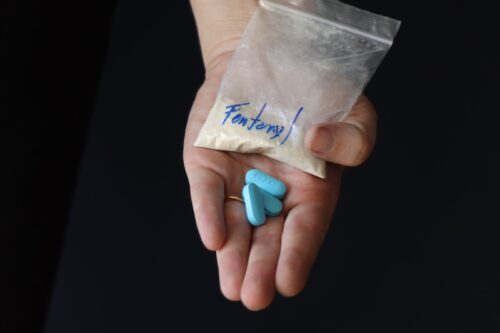Study Shows Link Between TFA Intake and ADHD
Astudy by Korean researchersshows that female adolescents with adhd have a significantly higher intake of trans fatty acids (TFa) than those without the disorder. The researchers concluded that the finding suggests that high intake of TFas may act as a potential pathophysiology in the development of adhd.The researchers from several academic medical centers in seoul conducted the study to look for a relationship between adhd and the intake of TFas—unsaturated fatty acids containing trans double bonds between carbon atoms that are typically produced during industrial hydrogenation of vegetable oils—in female adolescents. a well known risk factor for cardiovascular diseases, several studies have suggested that consumption of TFas may negatively affect brain functioning, the researchers noted. however, few studies have examined the influence of TFas on adhd.
The study sample consisted of 485 students attending their first or second year at a girls’ high school in seoul. Based on scores on the short form conners-Wells adolescent self-report scale (cass), subjects were categorized into either an adhd group (21 girls)or a non-adhd group (464 girls). researchers used the self-reported Food- Frequency Questionnaire (FFQ) to assess food consumption and nutrient intake for the preceding 12 months. Using an additional survey, they also assessed
the types of oils used and the intake of vitamins and mineral supplements. To confirm the independent association between adhd and TFas, the researchers performed multiple logistic regression analyses after adjusting for age, body mass index, socioeconomic status, current smoking, alcohol consumption, regular exercise, and intakes of energy and other nutrients as independent variables. in multiple logistic regression analyses as, TFa intake was an independent factor associated with adhd, the researchers found.
The researchers noted several limitations to their study, including the fact it relied on self-reported measures, which are vulnerable to over-reporting and self-presentation biases. also, researchers did not conduct fatty acids analysis in plasma or red blood cell membrane, which was known to be a standard for testing levels of TFas in the body. The only screening tool for adhd was a self-reported questionnaire. Finally, it is difficult to identify mechanisms underlying relationships betweenTFa intake and adhd using a cross- sectional study design (Kim Jh et al,Acta Paediatr, accepted article, prior to publication).
CCPR’s Take: While the Korean study suggests that female adolescents with adhd have significantly higher TFa intake than those without adhd, the researchers themselves say further prospective studies are necessary to determine the relationship between the two and to identify its related factors.
Newsletters
Please see our Terms and Conditions, Privacy Policy, Subscription Agreement, Use of Cookies, and Hardware/Software Requirements to view our website.
© 2025 Carlat Publishing, LLC and Affiliates, All Rights Reserved.


_-The-Breakthrough-Antipsychotic-That-Could-Change-Everything.jpg?1729528747)



